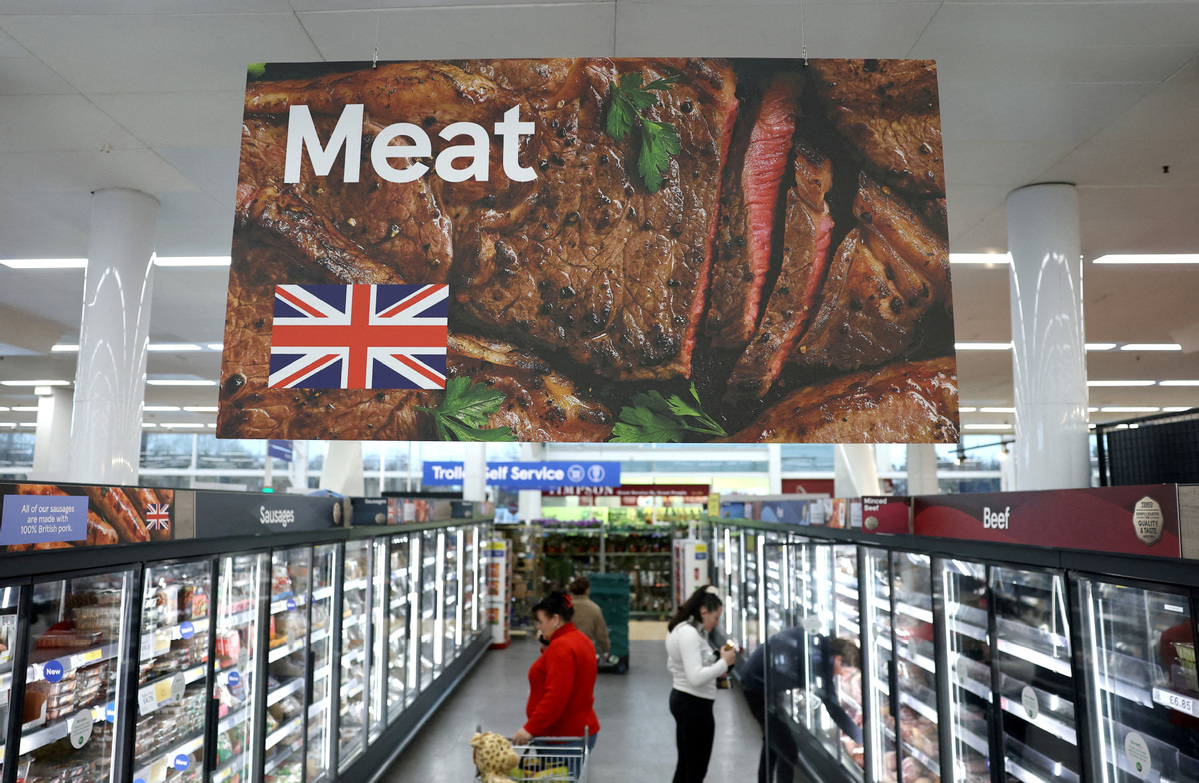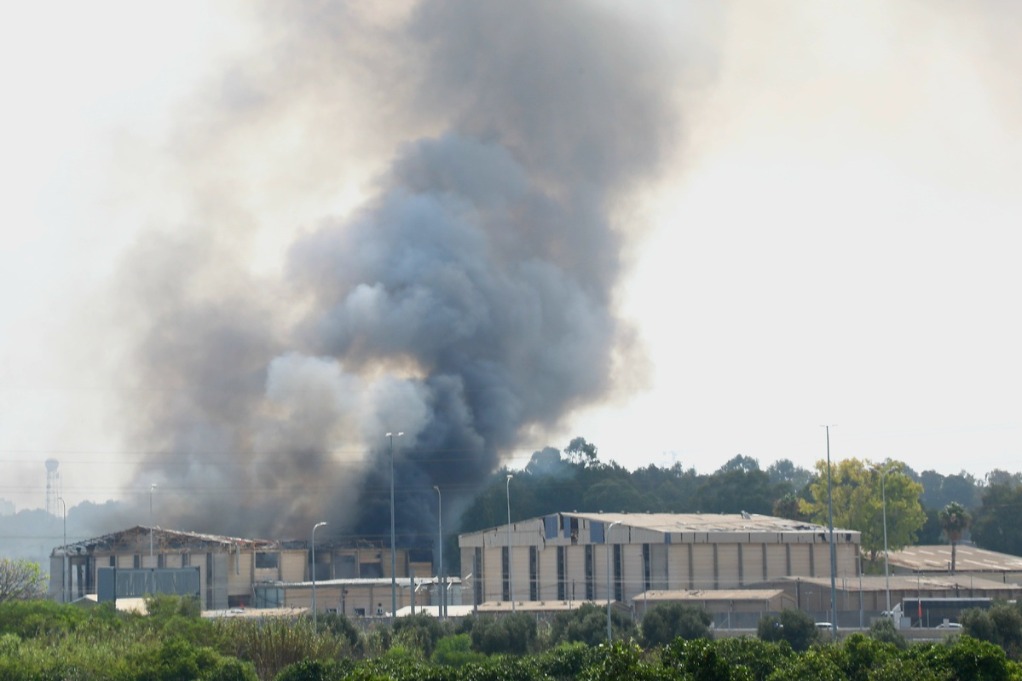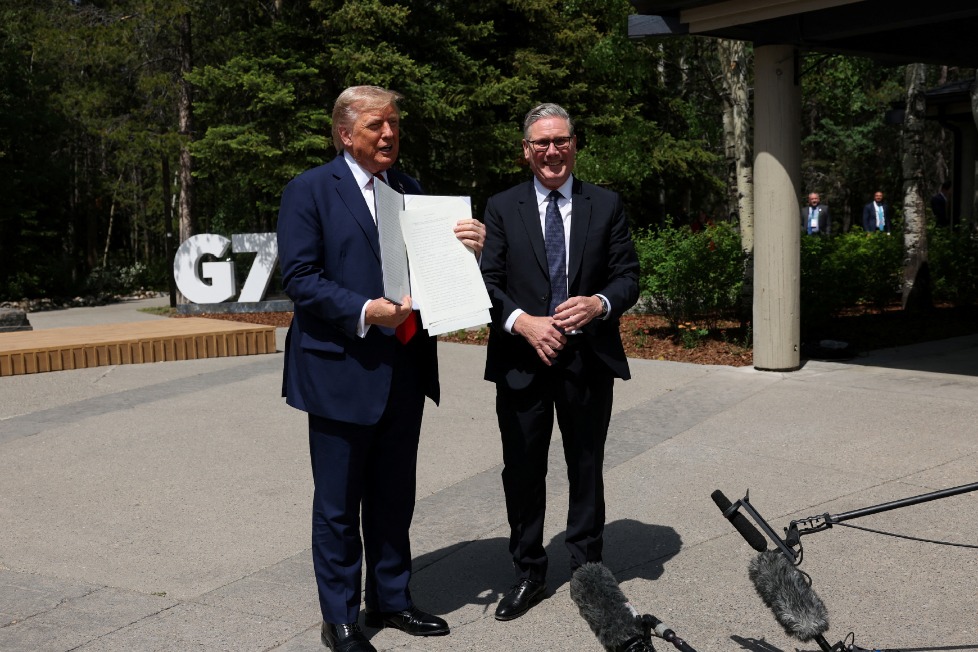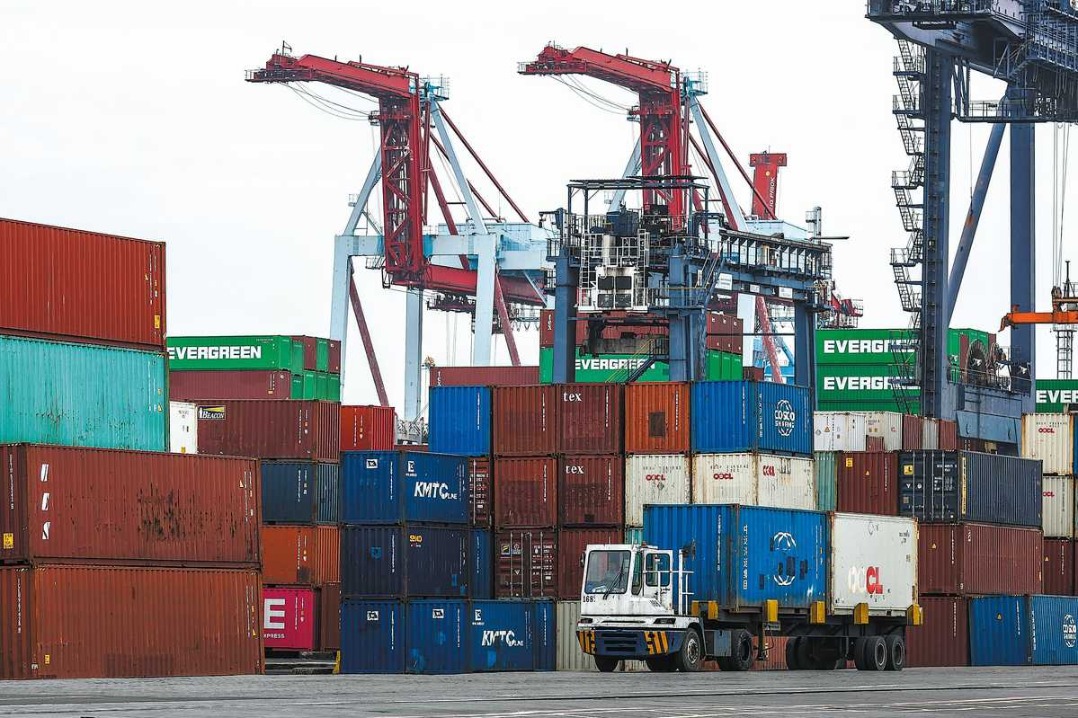Food costs hinder UK inflation fall


The United Kingdom's inflation rate in May eased slightly to 3.4 percent, with decreases in the cost of petrol and air fares being counterbalanced by a sharp rise in the cost of food.
Bad weather means cocoa producers in parts of Africa have reported poor harvests, which has sent chocolate prices up by 17.7 percent, and sugar and jam also spiked, adding to pressure already caused by the increasing cost of dietary staples, such as meat.
"A variety of counteracting price movements meant inflation was little changed in May," said Richard Heys, acting chief economist at the Office for National Statistics. "Air fares fell this month, compared with a large rise at the same time last year, as the timing of Easter and school holidays affected pricing. Meanwhile, motor fuel costs also saw a drop.
"These were partially offset by rising food prices, particularly items such as chocolates and meat products. The cost of furniture and household goods, including fridge freezers and vacuum cleaners, also increased."
Ruth Gregory, deputy chief UK economist at Capital Economics, told The Guardian newspaper the food factor would be noted by central bank the Bank of England, whose committee to set interest rates meets on Thursday to decide whether to alter the current national interest rate of 4.25 percent, a move that now looks increasingly unlikely.
"The third consecutive rise in food price inflation to 4.4 percent, its highest since February 2024, will be a bit of a blow for the bank as it perhaps provides a tentative sign that firms are passing on more of April's rise in national insurance contributions in their selling prices," she said.
The UK's finance minister, Chancellor of the Exchequer Rachel Reeves, is keen to see interest rates reduced to bring down mortgage rates and help households with the cost-of-living crisis, and also to make borrowing cheaper for businesses.
Since August 2024, interest rates have been cut four times, but with inflation likely to remain above 3 percent for the rest of the year — the bank's long-term goal remains 2 percent — Monica George Michail, an associate economist at the National Institute of Economic and Social Research, said there may be just one more rate cut this year.
"Additionally, the current tensions in the Middle East are causing greater economic uncertainty," she said. "We therefore expect the Bank of England to keep rates on hold this Thursday and implement just one further cut this year."
David Bharier, head of research at the British Chambers of Commerce, told the BBC that disruption to globally-vital oil supply routes through the Strait of Hormuz, off southern Iran, could cause oil and shipping costs to surge.
"Many smaller businesses will have little capacity to absorb these pressures," he added.
julian@mail.chinadailyuk.com

































